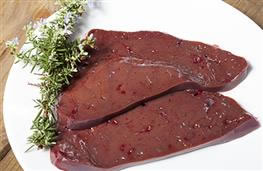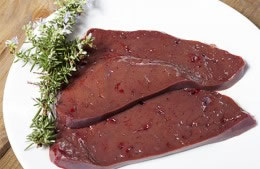Vitamin A
Health benefits of Vitamin A:
Contributes to your vision, immune system, absorption of iron (for energy creation) and has a role in cell 'specialisation'
The Worlds Science
What is vitamin A?
Vitamin A is the general name of a group of fat-soluble chemicals including retinol and retinal. Two forms of vitamin A are available in the human diet: preformed vitamin A and pro-vitamin A carotenoids.
What if I don’t get enough?
Vitamin A deficiency is surprisingly common in many parts of the world. It leads to impaired sight and a real vulnerability to infectious disease.
Vitamin A is the general name of a group of fat-soluble chemicals including retinol and retinal. Two forms of vitamin A are available in the human diet: preformed vitamin A and pro-vitamin A carotenoids.
Preformed vitamin A is found in foods from animal sources, including dairy products, fish, and meat (especially liver). By far the most important pro-vitamin A carotenoid is beta-carotene (discovered in carrots)1.
Why does it matter to me?
Why does it matter to me?
- Vitamin A is critical for vision as an essential component of a protein that absorbs light in the eye, and because it supports the normal functioning of the membranes of the eye2.
- Vitamin A is also important to enable the immune system to function effectively3,4.
- Vitamin A acts as an effective antioxidant, reducing the presence of potentially damaging free-radicals. Therefore, it can help to protect your DNA from damaging modifications that can lead to certain types of cancer5,6.
- Vitamin A appears to move iron from storage sites in our body to developing red blood cells to make haemoglobin, the molecule within red blood cells that carries oxygen around the body, which is essential for energy generation7.
What if I don’t get enough?
Vitamin A deficiency is surprisingly common in many parts of the world. It leads to impaired sight and a real vulnerability to infectious disease.
People suffering from vitamin A deficiency are more susceptible to a broad range of infections, some of which can be life-threatening3,4.
What’s the best way to get vitamin A?
Because of vitamin A being a term for a collection of compounds, food sources have different potency. For example the beta carotene in carrots can be converted by us to vitamin A at a ratio of approximately 12:1, whereas the pre-formed vitamin A (retinol) in meat fish and dairy products can be a more powerful dietary source8,9.
What’s the best way to get vitamin A?
Because of vitamin A being a term for a collection of compounds, food sources have different potency. For example the beta carotene in carrots can be converted by us to vitamin A at a ratio of approximately 12:1, whereas the pre-formed vitamin A (retinol) in meat fish and dairy products can be a more powerful dietary source8,9.
Review date: 2/9/2022
Next review date: 2/9/2023

291
445
https://www.checkyourfood.com/content/blob/Micronutrients/top-foods-for-Vitamin-A.jpg
Top 6 ingredients for Vitamin A taking into account portion size and cooking retention factors
Filter ingredients by:

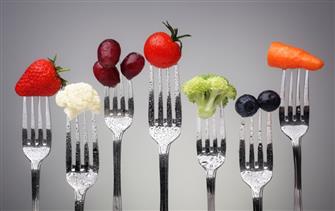 About nutrients
About nutrients
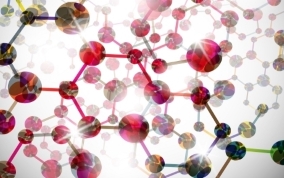 All nutrients
All nutrients
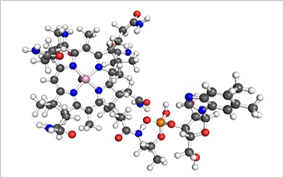 vitamins
vitamins
 minerals
minerals
 phytochemicals
phytochemicals
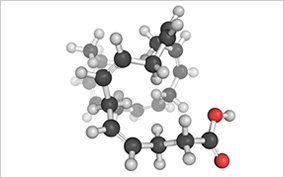 fatty acids
fatty acids
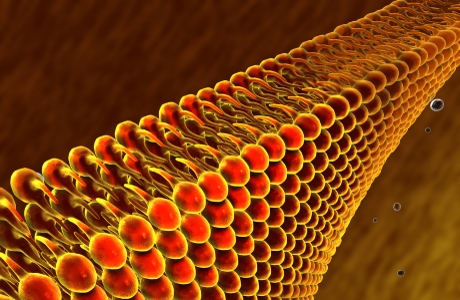 macronutrients
macronutrients
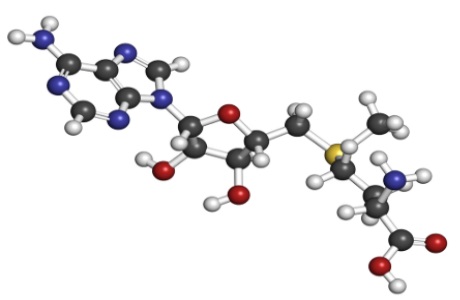 amino acids
amino acids
